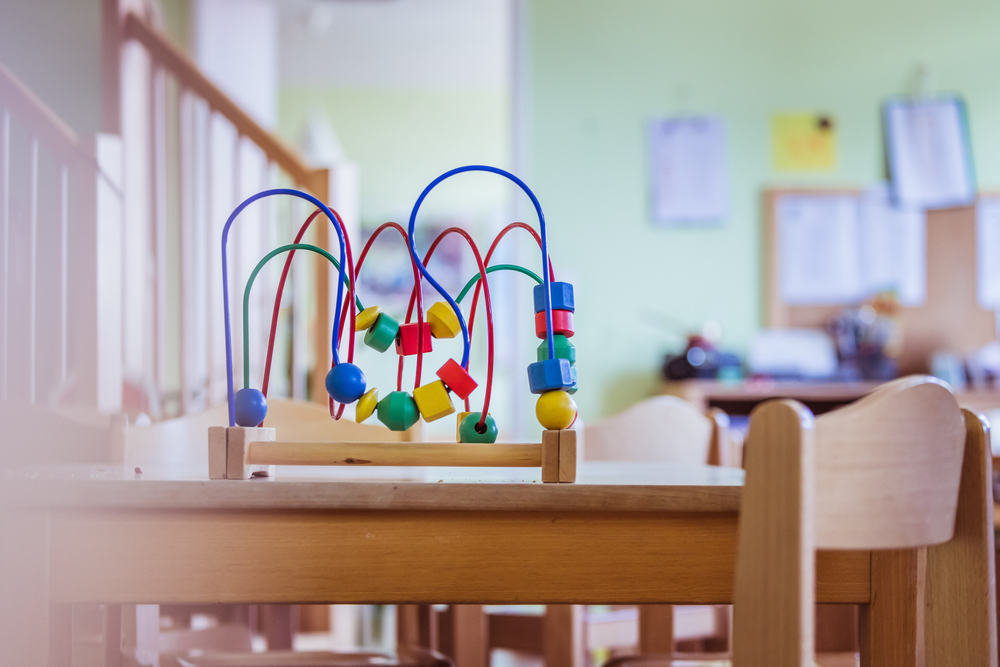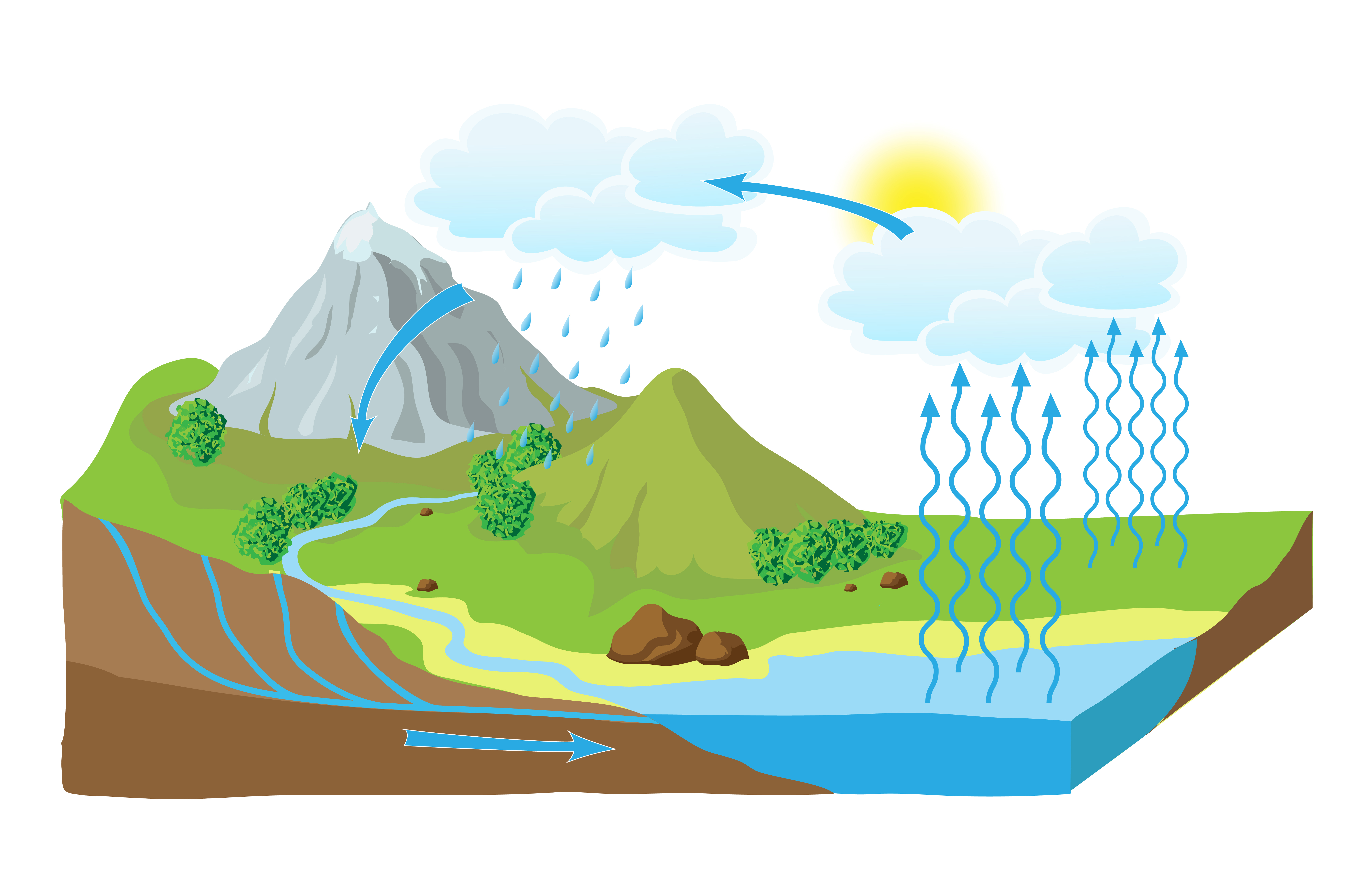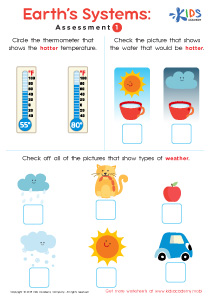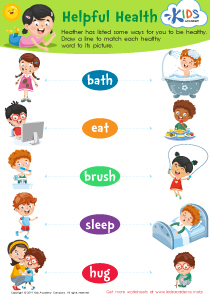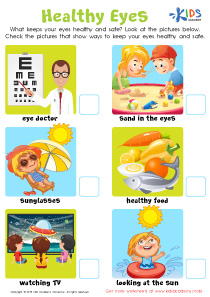Spatial awareness Kindergarten Physical Science Worksheets
3 filtered results
-
From - To
Enhance your kindergarteners' learning experience with our Spatial Awareness Physical Science Worksheets! Designed to nurture essential cognitive skills, these engaging sheets help young learners understand relationships between objects and their environments. Through fun activities and vibrant illustrations, kids will explore concepts such as directionality, position, and distance. Each worksheet is crafted to promote critical thinking, problem-solving, and visual perception, all while making science enjoyable and interactive. Perfect for use at home or in the classroom, our Spatial Awareness worksheets empower children to develop a strong foundation in physical science concepts. Download now to spark creativity and inquiry in your little scientists!
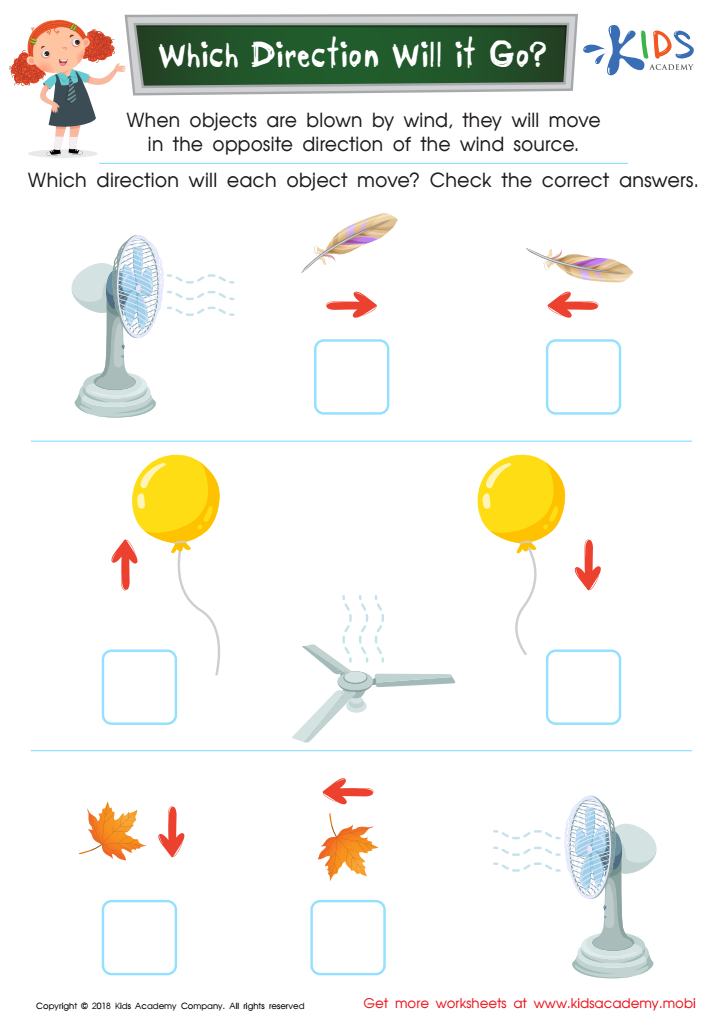

Which Direction Will it Go? Worksheet
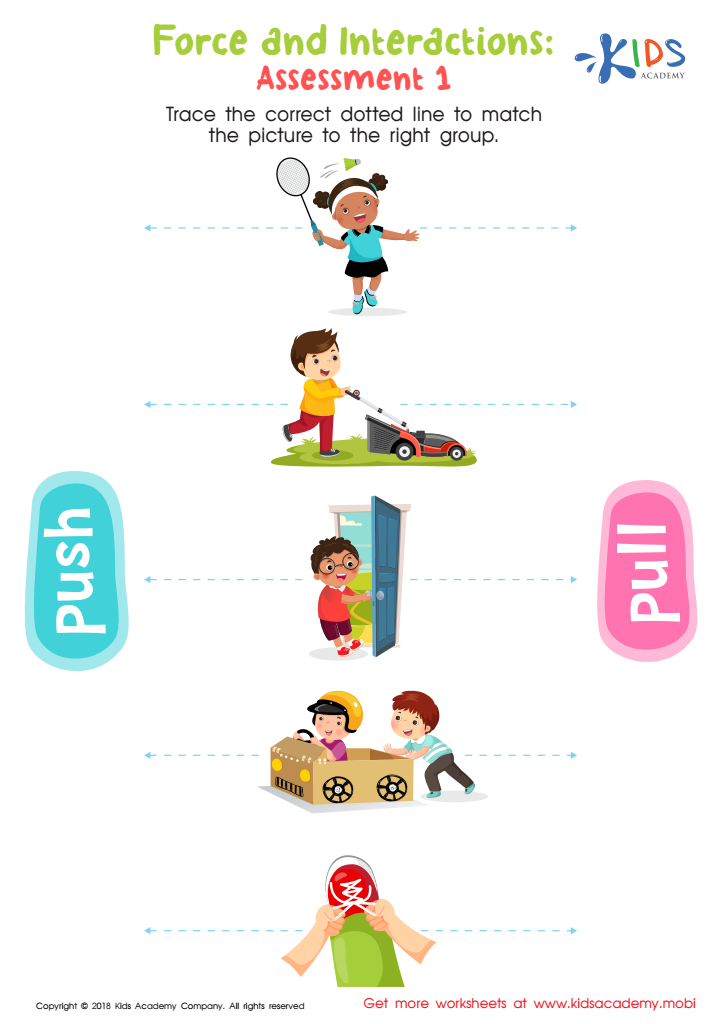

Force and Interactions: Assessment 2 Worksheet
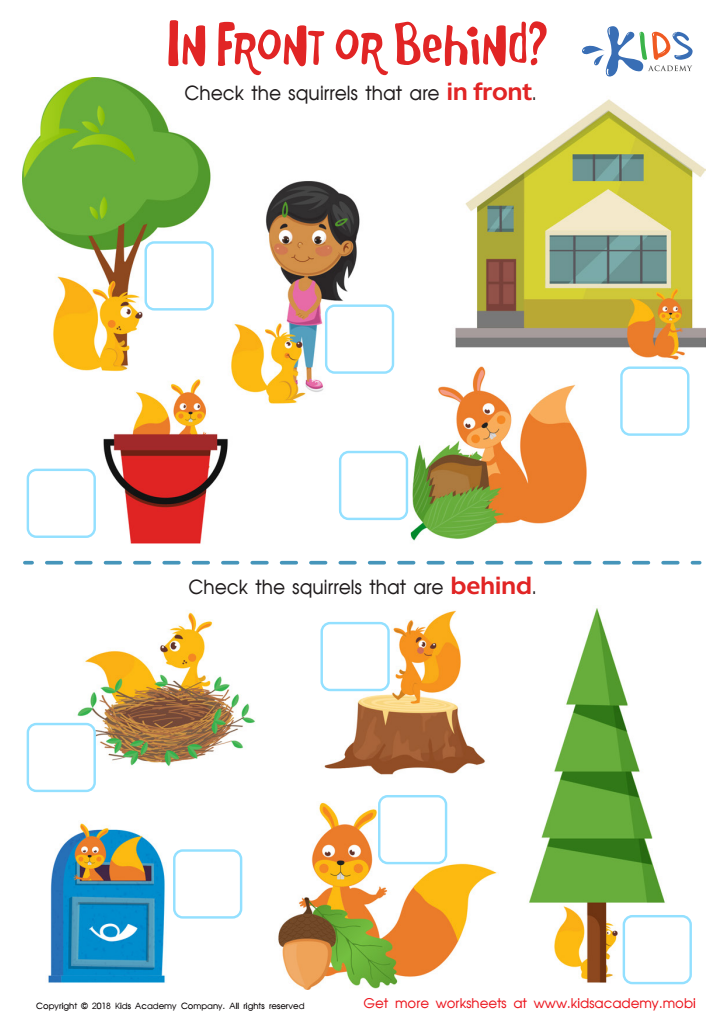

In Front or Behind: Part 2 Worksheet
Spatial awareness is a foundational skill that significantly influences a child's development and success in various fields, including mathematics, geography, and science. In the context of kindergarten physical science, nurturing spatial awareness helps children understand their physical environment and how objects interact within it. This skill enhances problem-solving abilities and critical thinking, both vital for scientific inquiry.
Parents and teachers should prioritize spatial awareness because it forms the basis for critical skills like measuring distances, understanding shapes, and visualizing relationships between objects. For instance, activities like block play, drawing maps, or engaging in guided play with toys can help young learners recognize and manipulate space, ultimately fostering a more profound understanding of physical science concepts.
Additionally, strong spatial skills contribute to academic success beyond the kindergarten classroom, offering a significant advantage in subjects that rely on geometry and spatial reasoning. In our increasingly technology-driven world, these abilities play a crucial role in STEM fields. By encouraging spatial awareness through engaging activities in early education, parents and teachers can set a solid foundation for future learning, ensuring children develop the necessary skills to confront complex challenges as they progress in their academic journeys.
 Assign to My Students
Assign to My Students




